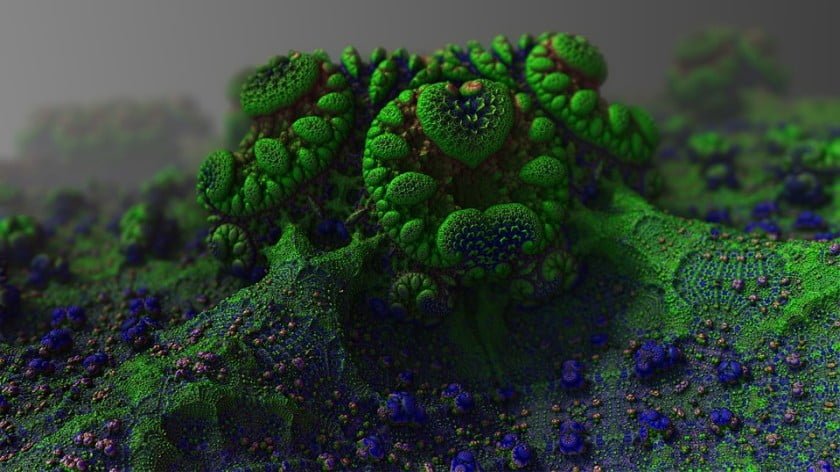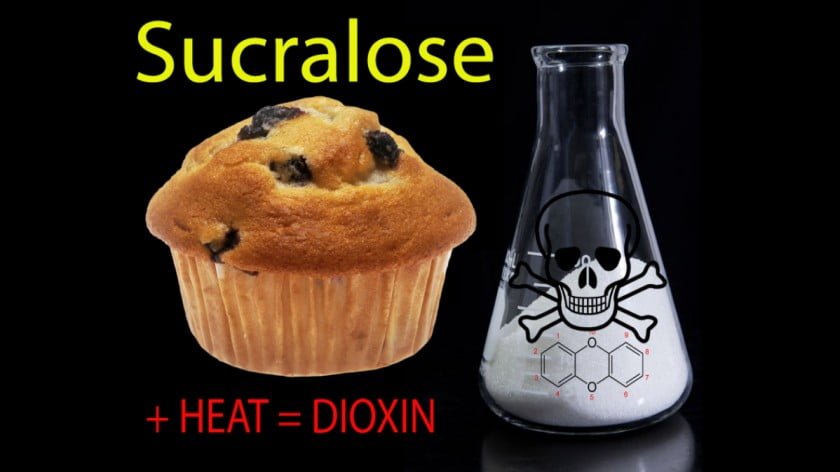Cranberries Help Antibiotics Fight Bacterial Infections
Research conducted at McGill University and INRS has found that a cranberry extract makes bacteria more sensitive to antibiotics, a promising avenue for limiting resistance to these important drugs The global spread of antibiotic resistance is undermining decades of progress in fighting bacterial infections. Due to the overuse of antibiotics in medicine and agriculture, we…






